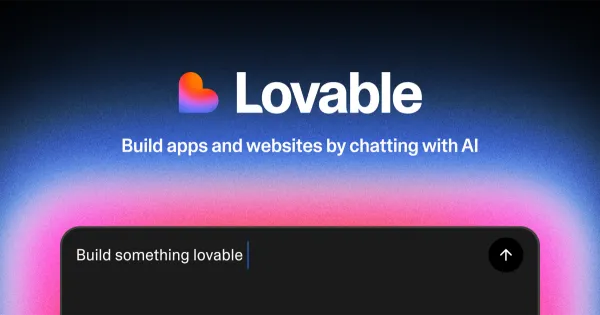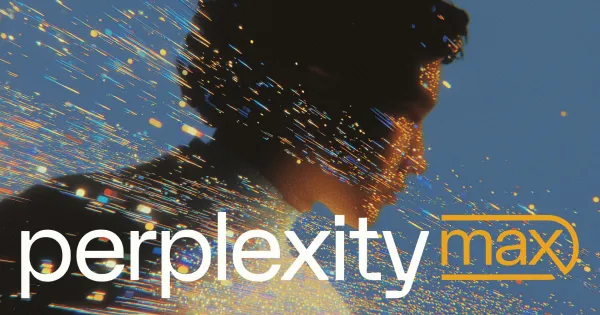Google vs. ChatGPT Search: Shocking Results

A recent comparison of Google Search and ChatGPT for web queries has revealed some surprising insights into how each platform delivers information. The test highlighted distinct differences in the approach each tool takes to processing and presenting search results, with implications for users seeking quick and accurate answers.
When using Google Search, users receive a traditional results page filled with links, snippets, and advertisements, tailored to provide a wide range of resources. This method leverages Google's extensive indexing capabilities to deliver results from across the web, allowing users to choose their preferred source. However, the effectiveness of this approach can sometimes lead to information overload, making it challenging for users to sift through multiple links to find the precise information they need.
In contrast, ChatGPT offers a conversational interface that presents information directly within the chat, summarizing answers in a more digestible format. This can create a smoother experience for users looking for specific answers without the need to navigate away from the chat. However, the accuracy of the information can vary, particularly since ChatGPT's responses are based on the data it was trained on, and it doesn't conduct live searches.
The test indicated that while Google excels at providing a breadth of information from various sources, ChatGPT often provides quicker, more concise answers, making it easier for users to understand complex topics at a glance. However, users should remain aware of potential inaccuracies in ChatGPT's responses, especially when it comes to current events or rapidly changing information.
As AI-driven search technologies continue to evolve, the competition between traditional search engines and conversational AI tools like ChatGPT will likely intensify. Both platforms have unique strengths, and the choice between them may ultimately depend on user preferences—whether they favor detailed exploration through links or a more straightforward conversational approach to information retrieval.
The results of this comparison highlight the ongoing evolution of search technology and the ways in which users interact with information online. As both Google and AI-driven tools continue to develop, users can expect further innovations aimed at enhancing the search experience.





